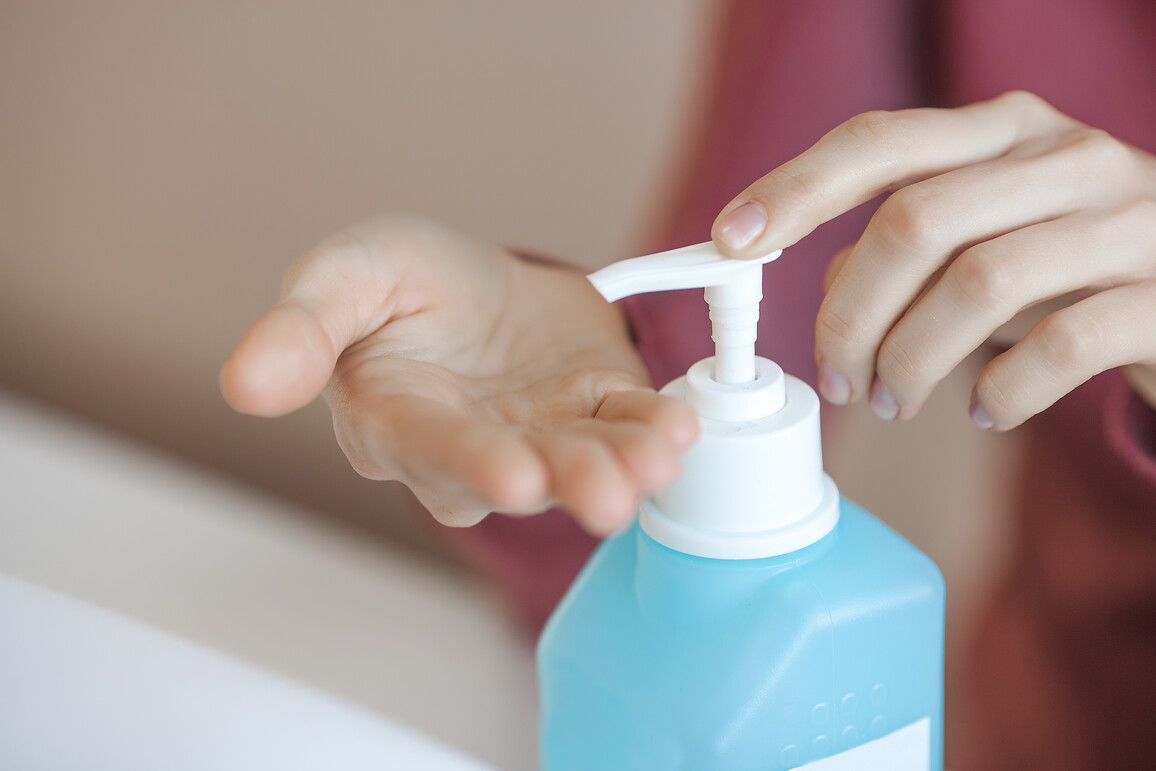Smart biofilms in hygiene and medicine : Date:
Bonn-Rhein-Sieg University of Applied Sciences – Prof. Martin Sieber
Recipient: Bonn-Rhein-Sieg University of Applied Sciences
Funding: GO-Bio initial conceptual phase 4 (01/10/2023 to 30/09/2024, EUR 114,152.13)
Project description:
The smartBio project aims to develop and market a range of products using certain microorganisms that are harmless to humans to modify biofilms. Biofilms are communities of microorganisms, such as bacteria and fungi, in the form of layers of mucus. Compared to solitary cells, they are more resistant to environmental conditions and chemical substances such as antibiotics. Biofilms therefore pose a serious health hazard in medicine and the food sector, among others.
The first product to be developed as part of smartBio is a cleaning agent based on bacteria or viruses to combat the most important antibiotic-resistant hospital pathogens. The microbial modification of the biofilms is intended to reduce their ability to cause disease and the number of antibiotic-resistant pathogens. smartBio’s approach thus opens up an alternative to common disinfectants and antibiotics. This innovative approach is expected to help limit the spread of infectious diseases and improve the efficacy of therapies in medicine.
In the upcoming exploratory phase a concept for the best possible utilisation of the microorganism-based cleaning agent is to be developed. To this end the market and competition will be analysed and an IP strategy and an implementation plan for the subsequent feasibility phase will be drawn up.
